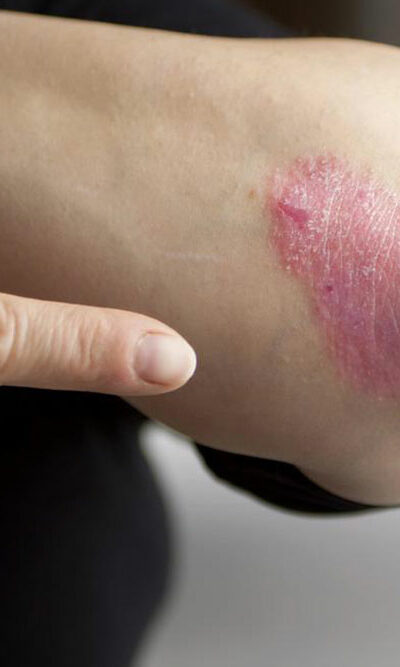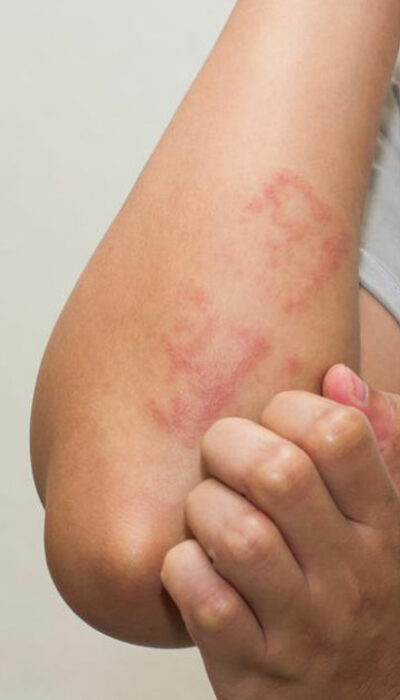
Types and Treatment of Chronic Psoriasis
Is your skin itchy, inflamed, flaky or scaly? You are probably headed toward developing psoriasis! Psoriasis is a chronic autoimmune disease of the skin that ranges from mild to severe. Those affected by chronic psoriasis develop scaly patches on their skin that are inflamed, itchy, and painful. Depending on the symptoms, psoriasis is classified into various types. Chronic psoriasis treatment is based on the symptoms and the extent to which it has spread. Like all autoimmune diseases, there is no specific cause for chronic psoriasis. Contributing factors for chronic psoriasis are mental stress and anxiety, low self-esteem, genetic predisposition, and environmental factors. Chronic psoriasis treatment depends on the severity of the condition and aims at alleviating the associated symptoms. Common symptoms of psoriasis Psoriasis occurs due to changes that occur beneath the skin rather than on the skin. Although psoriasis is classified into different types based on appearance and symptoms, the following are the common symptoms: Red patches on the skin Scaly, silvery patches Itchy skin Swelling of joints, stiffness or pain If you need information on psoriasis and its symptoms, you should know that they are specific to the type of psoriasis. Types of chronic psoriasis Classifying chronic psoriasis helps in deciding the line of treatment. For some only one type of psoriasis exists, whereas for others a combination of two or more types may exist. In some cases, once the symptoms of existing psoriasis wear away, a new type may develop in response to a trigger. There are 7 types of psoriasis as listed below: Plaque psoriasis – Plaque psoriasis is the most common form of chronic psoriasis. It is also referred to as psoriasis vulgaris. It is characterized by raised, inflamed, reddish skin covered by silvery white scales. It causes itching and burning sensations. Elbow, lower back, scalp, and knees are common places where plaque psoriasis occurs.










